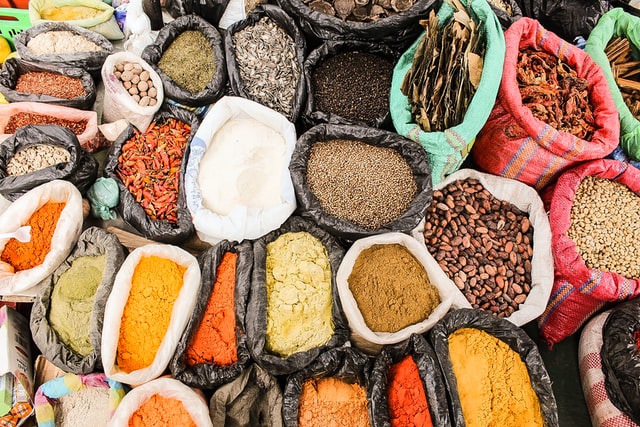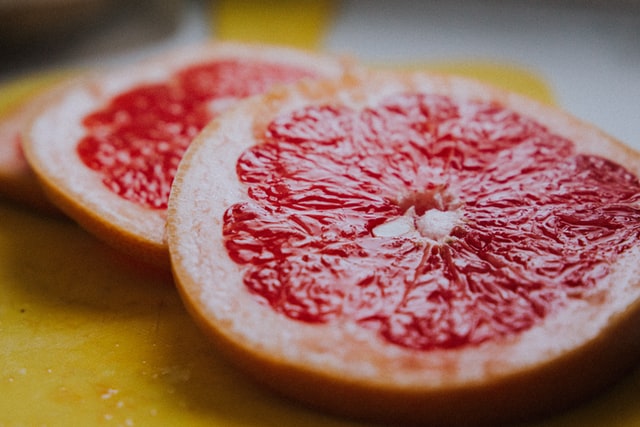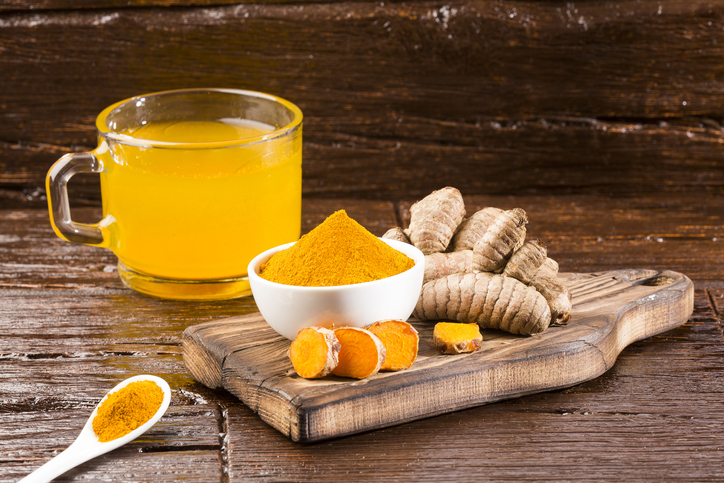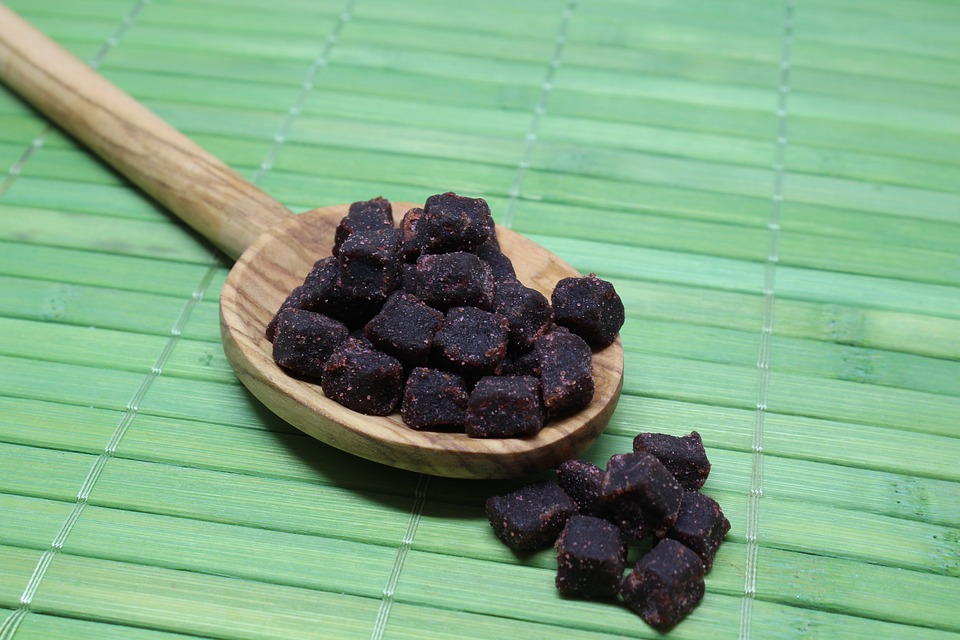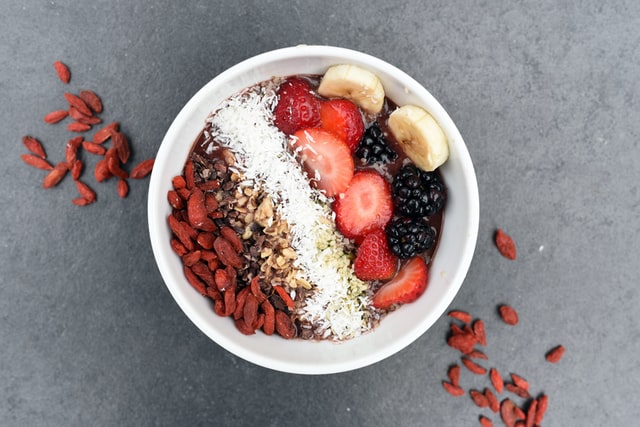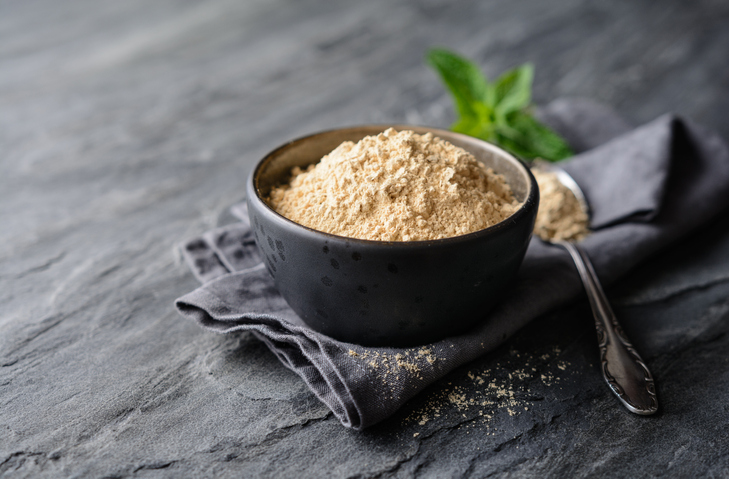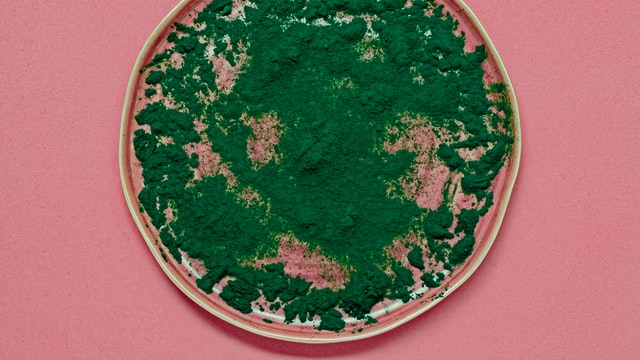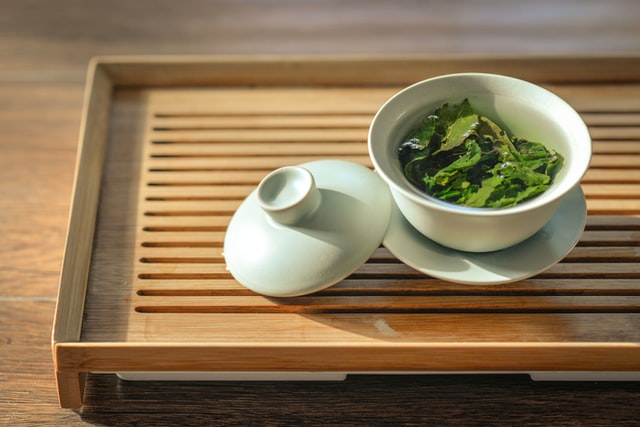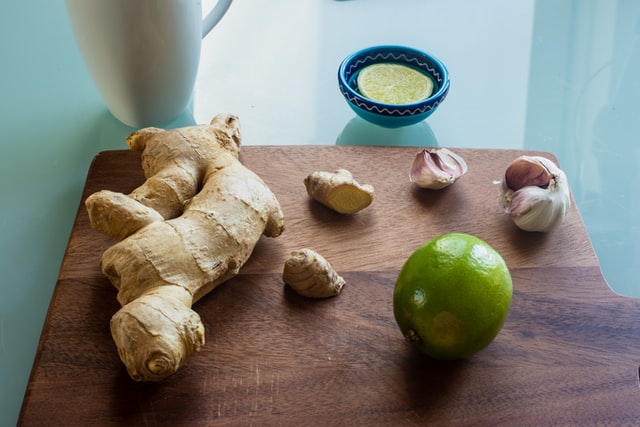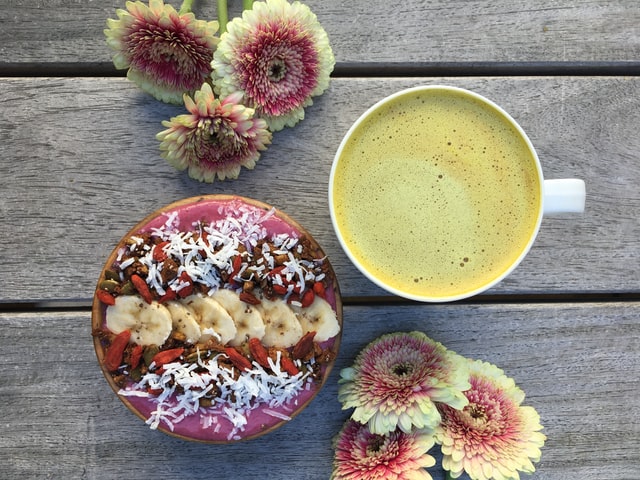Don't forget to add spices! Yes, a lot of people say that. But why put spices in dishes? Some people use them to season their favourite dishes, and others use them for medicinal purposes.
And of course, apart from their delicious taste, spices are also able to cure many illnesses such as coughs, nausea or colds.
There are various kinds of spices but here are 10 spices that have medicinal and effective properties, as much assuper foods.
Rosemary, which helps to have a good memory
Rosemary, also called Rosmarinus officinalis is a shrub that comes from the Maquis, Rocailles and Garrigues of the Mediterranean basin. The height of this tree is between 1 and 2 metres. But now it can be found almost everywhere in the world, from temperate climates to mild winters.
Thanks to its anti-oxidant properties, rosemary has a positive effect on the memory. In fact, Greek students were said to put rosemary on their heads as a crown to help stimulate their memory during exams. There are several varieties of rosemary forms.
There are rosemary in the form of essential oil, ointment, capsule, herbal tea, poultice, inhalation and still others in a bath. Like rosemary essential oil, for example, it has a good reputation for helping spatial memory, memory that doesn't last.
It also helps to improve concentration and prospective memory. Its consumption and use therefore depend on its form. Either internally (orally) or externally.
Turmeric, known to fight inflammation
Turmeric is a spice of Indian origin which is part of the Indian curry. It has exceptional virtues. It is a spice that has an antioxidant effect and prevents inflammatory diseases such as digestive and joint pain, as well as cancers.
Turmeric is one of the ingredients of curry. Once the turmeric root has been ground into a powder, it is added to food to keep it fresh. And people in Asia have been doing this for a long time. And before the existence of synthetic preservatives, turmeric was used as a food additive. It also has a medicinal virtue used by the Indians for traditional medicines.
The same goes for traditional medicines in China, Japan, Thailand and Indonesia. This spice plays a protective role for the digestive system.
It is also a remedy for various inflammatory problems. In addition, turmeric is considered to be the most powerful natural anti-inflammatory. It is very effective in preventing digestive inflammation and also in relieving joint inflammation.
Ginger, a calming agent for nausea
The World Health Organisation discovered in 1999 that the traditional use of ginger rhizome has a wellness effect as it helps to avoid nausea and vomiting during pregnancy.
Numerous researchers have proven the effectiveness of ginger compared to a placebo in preventing morning sickness and vomiting during the first three months of pregnancy. Ginger consumption is also as effective as taking vitamin B. In addition, it has no side effects.
Nutmeg helps to lower blood pressure
With high blood pressure, the blood pressure in the arteries increases. According to the World Health Organization or WHO, when the blood pressure is 160/50 mm of mercury or higher, it means that the person has high blood pressure.
In order to avoid high blood pressure, one should therefore not consume foods that are too salty. It is also advisable to season dishes with nutmeg as it helps to lower blood pressure.
Cinnamon, a remedy for type 2 diabetes007
The risk of cardiovascular diseases such as heart attacks or high blood pressure can be caused by type 2 diabetes and this can increase by two to four times.
This is due to the increased blood sugar and fat levels in the blood of diabetics. Consumption of the Southeast Asian spice cinnamon helps lower blood sugar and fat levels.
Thyme, a natural cough relief
Thyme is a natural and effective remedy for a wet or dry cough. It is one of the most used plants in phytotherapy. This spice helps to calm the cough. Thyme exists in different forms: as an essential oil, as a tea or as a syrup.
The essential oil of thyme has a strong antiseptic effect. Respiratory problems such as bronchitis, colds and flu can also be treated with thyme tea. It calms and soothes respiratory tract diseases.
Basil, a spice that helps prevent colds
As in every winter, many people get colds. It is not a fatal or serious illness, but it is still annoying and unpleasant. Basil is one of the natural treatments for colds and it is also very effective. You just have to use it daily, preferably raw because cooking eliminates its virtues. It can also be mixed with other ingredients such as garlic for example.
Cloves relieve the pain of arthritis
Cloves are very well known for their medicinal properties. Many researchers say so. Cloves have properties as anti-inflammatory, antifungal, antibacterial and also analgesic.
Whether it is cloves in natural or essential oil form, this spice has several advantages: it plays roles as an antibacterial, antifungal and antiviral to relieve various aches and pains during winter. It neutralizes fungus and also stimulates the immune system.
It is also an anti-inflammatory and soothes gastritis, rheumatism and muscle pain. It is used as an anaesthetic and antiseptic to relieve toothache.
Garlic lowers cholesterol
Several researches have demonstrated the effectiveness of garlic as a treatment for high cholesterol. This spice helps to stabilise cholesterol levels in the body. It also stabilises blood pressure.
Cumin, the anti-cancer spice
Cumin is the best anti-cancer spice and this has been scientifically proven. Moreover, doctors prescribe cumin as a supplement to many treatments. It destroys mutant cells and prevents their spread in the body. It prevents normal cells from turning into tumour cells.
This spice also soothes inflammation and helps prevent the development of blood vessels that feed the tumour. It also prevents the transformation of proteins that cause tumours to form. Cumin can also be combined with turmeric, a spice that also fights cancer, used especially by Indians.
In fact, the rate of cancer sufferers in India is low as they use turmeric in their dishes every day.

